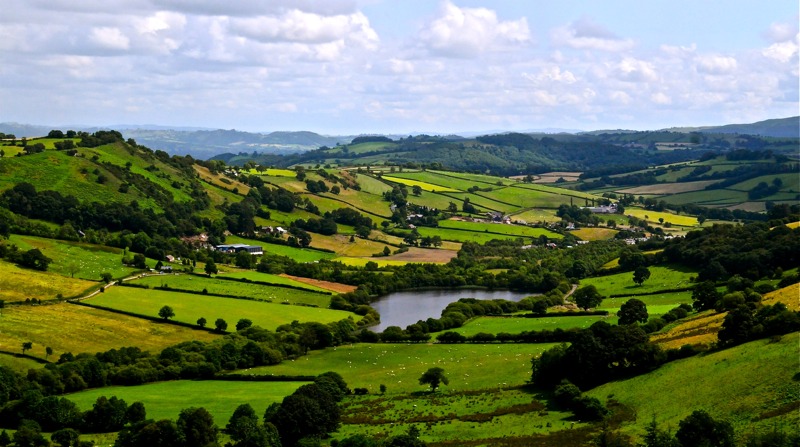Item Link: Access the Resource
Date of Publication: October 31
Year of Publication: 2023
Publisher: Table
Author(s): Georgie Barber
Georgie Barber of the UK Food, Farming, and Countryside Commission puts forward the case for Land Use Frameworks as a vital tool for meeting climate, nature, food, and health challenges, and considers the features that determine their success.
People are increasingly recognising the interconnectedness of climate change, biodiversity loss, food systems, health crises, and economic inequality. Since the Russian invasion of Ukraine in February 2022, and the accompanying food price spikes, food security has jumped in prominence in the media and government discussion – a prominence likely to continue as the cost-of-living crisis wears on and climate impacts worsen.
Awareness of these crises and the scale of the challenges they present has citizens, businesses, civil society, and governments seeking to set ambitious but achievable targets and to create structures and paths to meet those targets (and so far, struggling to meet them). The UK government has recently set the following:
- Net Zero greenhouse gas emissions by 2050
- Planting 30,000 hectares of trees per year until 2025
- Reversing biodiversity loss by 2030, and protecting 30% of land and sea for nature
- Building 300,000 new homes4 (which later became ‘non-mandatory’)
- Increasing renewable energy supply to decarbonize the power sector by 2035.
Many brilliant people – across public, private, and third sectors – are working hard to achieve these targets, and we have seen progress. Nonetheless, there is one significant limit to meeting both our targets and the wider challenges, and that is the availability of land. The solutions for all these challenges require land. As each target is conceived separately from the others, the need for more land balloons: the Royal Society’s Multifunctional Landscapes report estimates that the UK would need additional land twice the size of Wales to meet all these targets. Land is a finite resource: the ambition of our targets is important, but ultimately futile if we do not have the means to achieve them.
Read the full article here.
The views and opinions expressed through the MAHB Website are those of the contributing authors and do not necessarily reflect an official position of the MAHB. The MAHB aims to share a range of perspectives and welcomes the discussions that they prompt.
